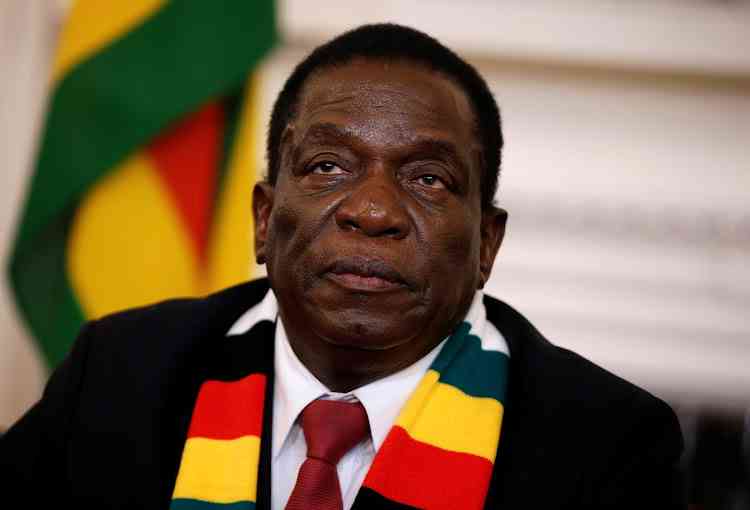
Progress towards the achievement of the Sustainable Development Goals (SDGs) has been uneven, while global solidarity has been tested with self-interest superseding co-operation, President Emmerson Mnangagwa has said.
In his speech at the 78th Session of the United Nations General Assembly yesterday, Mnangagwa said all nations had a duty to reignite their commitment to the principles of the 2030 Agenda while rekindling the spirit of multilateralism.
He said countries should also scale up investments in people and communities by ensuring access to quality education, healthcare, clean water and sanitation for all to accelerate action on the SDGs.
“The creation of economic opportunities, decent jobs and entrepreneurship, especially among women and the youth, must remain a priority,” Mnangagwa said.
“It is imperative that we re-commit to the Charter of the United Nations, multilateralism, solidarity, justice and the peaceful settlement of disputes for sustainable development and a shared future. This calls on us all to respect the sovereign equality of nations, big or small, poor or rich.”
Mnangagwa said the impact of conflicts, terrorism, climate change-induced natural disasters, biodiversity loss, and the rising prevalence of disease and pandemics, especially in the developing world, deserved everyone’s urgent attention.
He also demanded the unconditional lifting of sanctions on Zimbabwe and Cuba.
“Zimbabwe has not been spared from the negative impact of climate change. Hence, my government continues to make the requisite investment in infrastructure to mitigate and build resilience towards climate change adaptation,” the President said.
- Mavhunga puts DeMbare into Chibuku quarterfinals
- Bulls to charge into Zimbabwe gold stocks
- Ndiraya concerned as goals dry up
- Letters: How solar power is transforming African farms
Keep Reading
“Dams are being built across the country. In addition, we have begun an ambitious and yet achievable programme to sink solar-powered boreholes in each of our country’s 35 000 rural villages and schools.
“Alongside each of these water points are commercial nutritional gardens for the empowerment of women and youth. Through the use of our own resources, we have constructed an unprecedented number of schools, clinics and provided other social amenities, throughout our communities.”
Mnangagwa also called for concrete climate action, as opposed to mere promises to strengthen adaption, resilience and mitigation mechanisms.
He also called for reforms in global financial institutions to unlock funding for developing countries.
“The current exclusionary architecture, dominated by a few States, is failing to deliver the requisite resources for countries to finance their developmental priorities and other pressing health and environmental challenges. The shortcomings in the last round of SDR [Special Drawing Rights] allocations, should be addressed.
“We strongly condemn tendencies by some powerful countries who preach peace, human rights and democracy and yet clandestinely fund conflicts and the unconstitutional changes of governments, for their own narrow interests.
“We, further, condemn the use of unilateral and illegal sanctions as a foreign policy tool at the disposal of some powerful nations, such as those sanctions imposed on Zimbabwe and countries like Cuba. Such actions hamper the trust, global solidarity and multilateralism we desire.”










